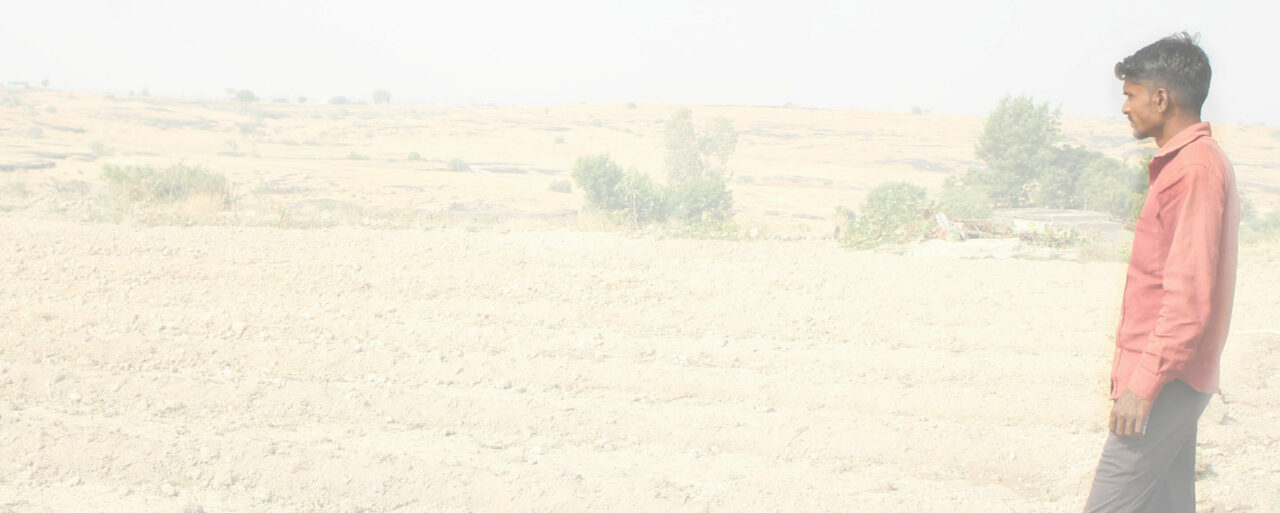Sandeep lived a relatively carefree childhood. He stayed in school until he was 12, and his family moved from village to village in search of odd jobs to meet their needs.
But when Sandeep got married and started a family of his own, the demands of survival soon pushed him and his family to seek a better life.
A family friend—someone they thought they could trust—promised them jobs at a nearby farm with upfront wages. They thought this would be their way out of poverty.
But none of the promises were fulfilled. Instead, they were threatened with a debt they could never repay, given next to no wages or food, and trafficked into bonded labour.
“We did various tasks in the fields. We would work from morning, 4 am or 6 am, to evening, 9 pm and at times 11 pm,” Sandeep remembers.
“The place where we were held felt like a prison. [They] erected high fences with barbed wires and gates on both sides, and even ran electric currents through the wires to prevent anyone from escaping.”
That is the reality of bonded labour – extreme exploitation. It is not just backbreaking work: it is physical, sexual and verbal violence over and over.
“I still remember the day when they hit me, my father and my brothers. It was terrible,” Sandeep recalls painfully. “[The trafficker] warned us: ‘You want to run away? Now let us see how. If you run again, then I’ll beat you awfully bad. I’ll kill you and dig a pit with [a tractor] and bury you there.’ He was very direct with his threats.”
And even worse still, bonded labour is deliberate psychological dehumanization.
Like when Sandeep’s wife, Anita, fell ill—yet their trafficker refused to let him stay with her in the hospital. He was not allowed to leave the farm to be with her when she died.
“It was the most sorrowful day of my life. They took her away from me,” Sandeep says, his eyes filling with tears and his voice trembling with emotion. “It was a devastating loss for our family. Goodbyes are hard, but not being able to bid farewell to my wife was devastating.”
Nothing about their situation was about living. It was about trying to survive.
As Sandeep remembers: “When we were there, we were like dead bodies. There was no happiness or sadness, and we didn’t talk. There was no such thing as relief for us. It was a miserable experience, and I wouldn’t wish it on anyone.”
But eventually, relief came! IJM’s South Asia teams worked with local police to locate and rescue Sandeep and his family.
“I will never forget the moment they arrived in their vehicles to bring me to safety,” says Sandeep. “I burst into tears.”
Now, Sandeep and his family have resettled and are working with IJM teams to map their recovery needs and receive government support. His children are enrolled in the local school, and Sandeep farms his own land.
"I love watching my children play on our own land. They keep reminding me of my freedom. It is unexplainable. Now, we are happy. We have been granted a new life."
